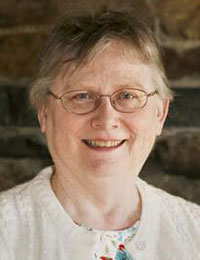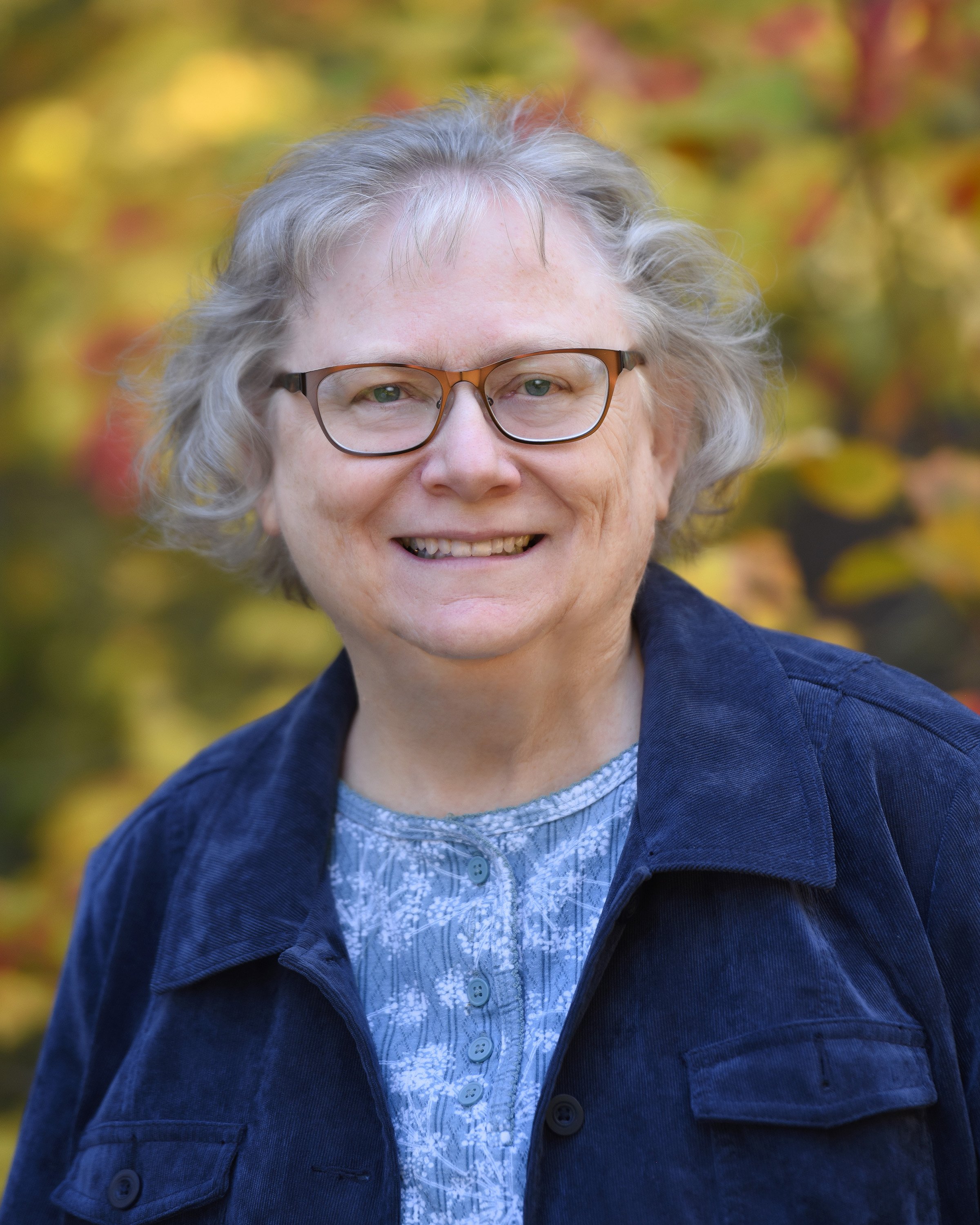 When I was in school, I was better at English than math, but there were still a few sticky wickets I had to deal with. I could not spell. I missed the first day on “adverbs” and never caught up. I hated reading “essays.”
When I was in school, I was better at English than math, but there were still a few sticky wickets I had to deal with. I could not spell. I missed the first day on “adverbs” and never caught up. I hated reading “essays.”
The “essay” is simply a “short piece of writing on a particular subject,” but as I remember it, we were assigned readings from men like Thoreau, Emerson, and Socrates which mostly just blew over my young teen-aged head. I vowed that whatever I did when I grew up, it would not involve writing essays.
Hmm. Well, when Scott Steward reminded me that we are celebrating the fifth anniversary of Vita Brevis, I was rather startled to realize that I have been writing essays for five years. Many of these, of course, are on technical subjects having to do with genealogy, and, I hope, they have been helpful. However, the necessity of thinking up a new subject every week inevitably led to some essays that are more personal.
I have written about the deaths of my brother, nephew, and uncle (“Three Argonauts”), about my car-sick travels across the country with my parents (“Education by camper”), about my mother’s pre-Alzheimer diaries (“My mother’s voice”), about the short Facebook videos I have done on family heirlooms for my family (“Aunt Alicia’s videos”), and about “How I became a genealogist” (in three parts), among others. Fortunately, readers of Vita Brevis have received these digressions patiently, which is because I know that you know that genealogy is about people, family, and memories.
Essays, it turns out, are fun to write when the topic is near and dear to one’s heart. They are also fun to read when the topic is interesting to you, and the blessing of a blog like Vita Brevis is that one can simply skip ones in which one is not interested – far different from being assigned to read old men’s essays in school!
Essays, it turns out, are fun to write when the topic is near and dear to one’s heart. They are also fun to read when the topic is interesting to you...
Writing for Vita Brevis these past five years has also broadened my education. They say the best way to learn is to teach. “Teaching” was another thing I vowed not to do, along with “nursing” or being a “librarian” (those of you old enough will remember when that was about the sum-total of the approved paid jobs for women – my mother would have loved to have been a librarian, but she was told that was only for “old maids”). I chose secretary. In these past five years I have done more research than I ever did in my life to try to accurately document the information in my posts (yes, occasionally not entirely successfully). Time spent researching and learning is never wasted, however, so I will keep plugging away at it. Thanks for reading, if you do.
Share this:

About Alicia Crane Williams
Alicia Crane Williams, FASG, Lead Genealogist of Early Families of New England Study Project, has compiled and edited numerous important genealogical publications including The Mayflower Descendant and the Alden Family “Silver Book” Five Generations project of the Mayflower Society. Most recently, she is the author of the 2017 edition of The Babson Genealogy, 1606-2017, Descendants of Thomas and Isabel Babson who first arrived in Salem, Massachusetts, in 1637. Alicia has served as Historian of the Massachusetts Society of Mayflower Descendants, Assistant Historian General at the General Society of Mayflower Descendants, and as Genealogist of the Alden Kindred of America. She earned a bachelor’s degree from the University of Connecticut and a master’s degree in History from Northeastern University.View all posts by Alicia Crane Williams →